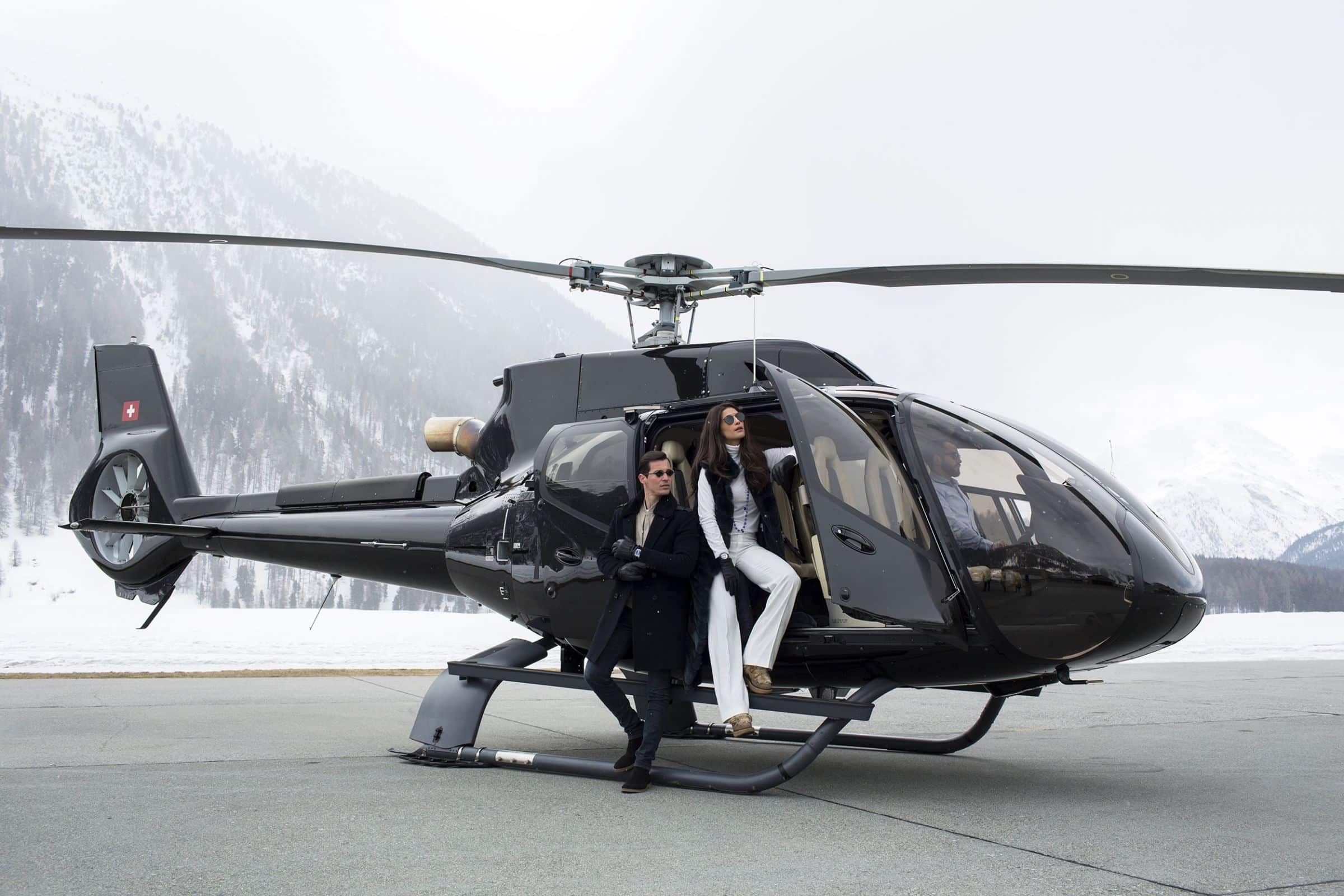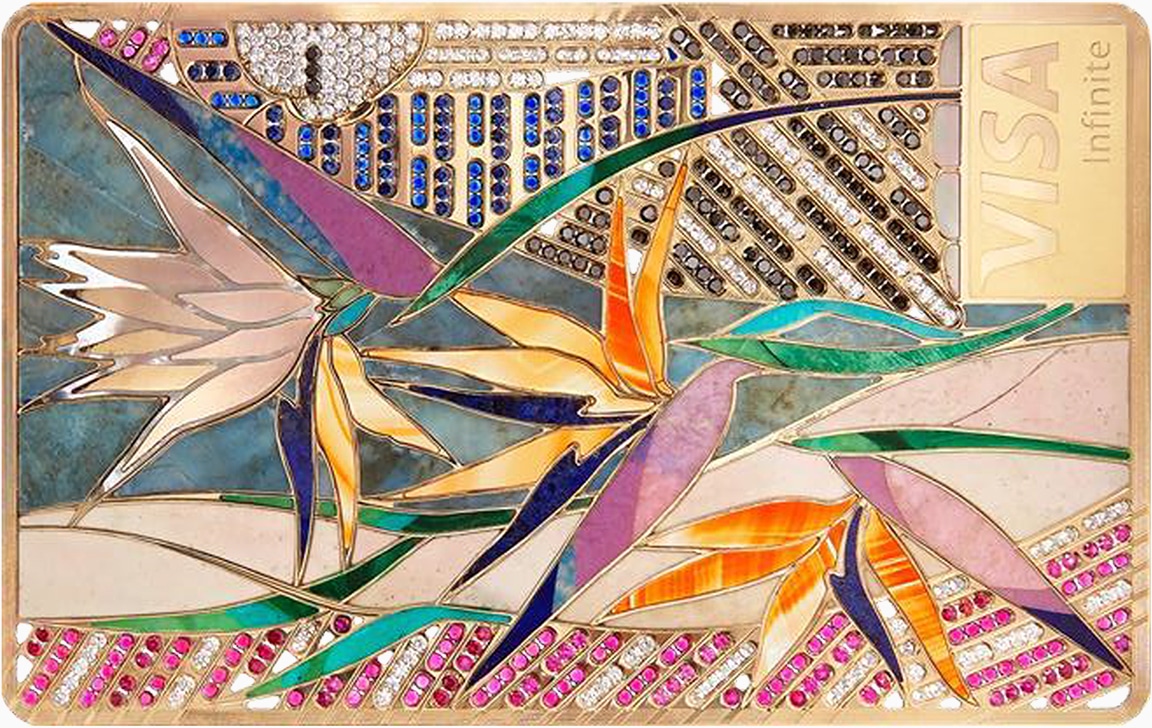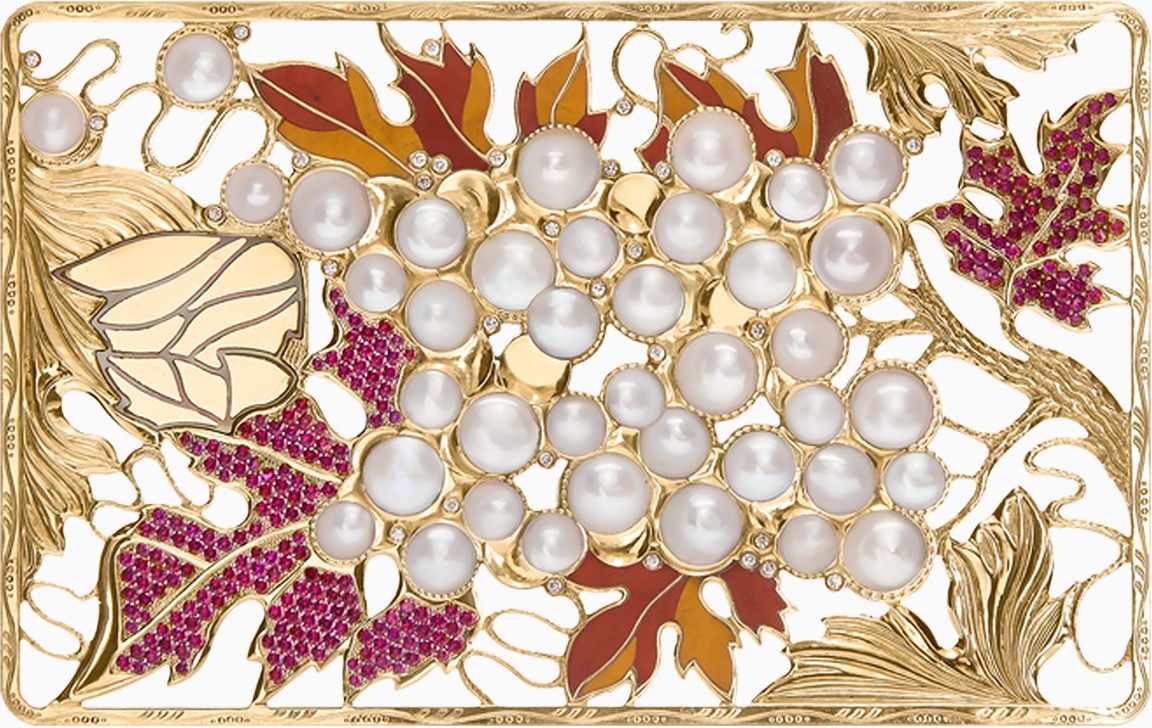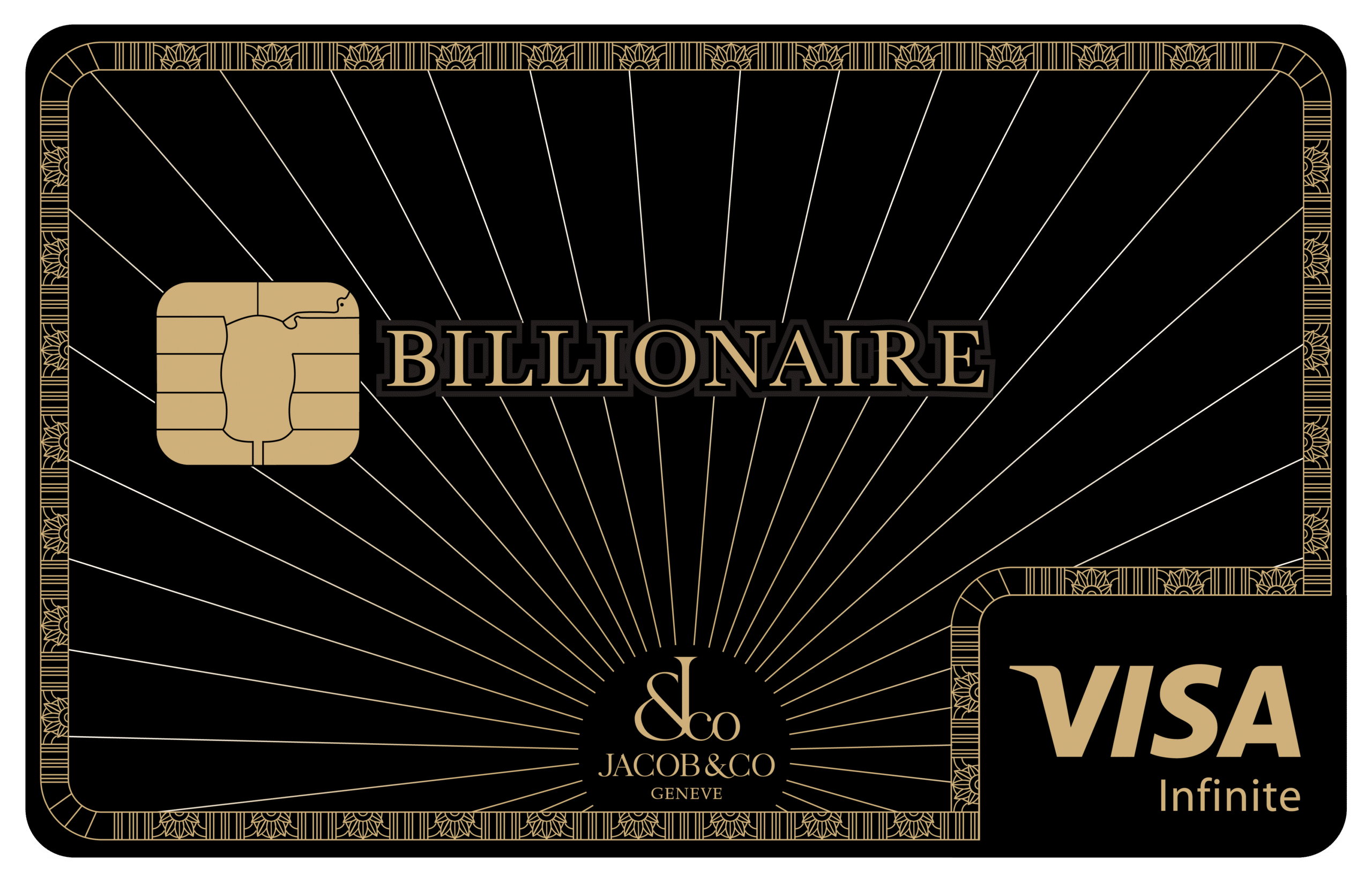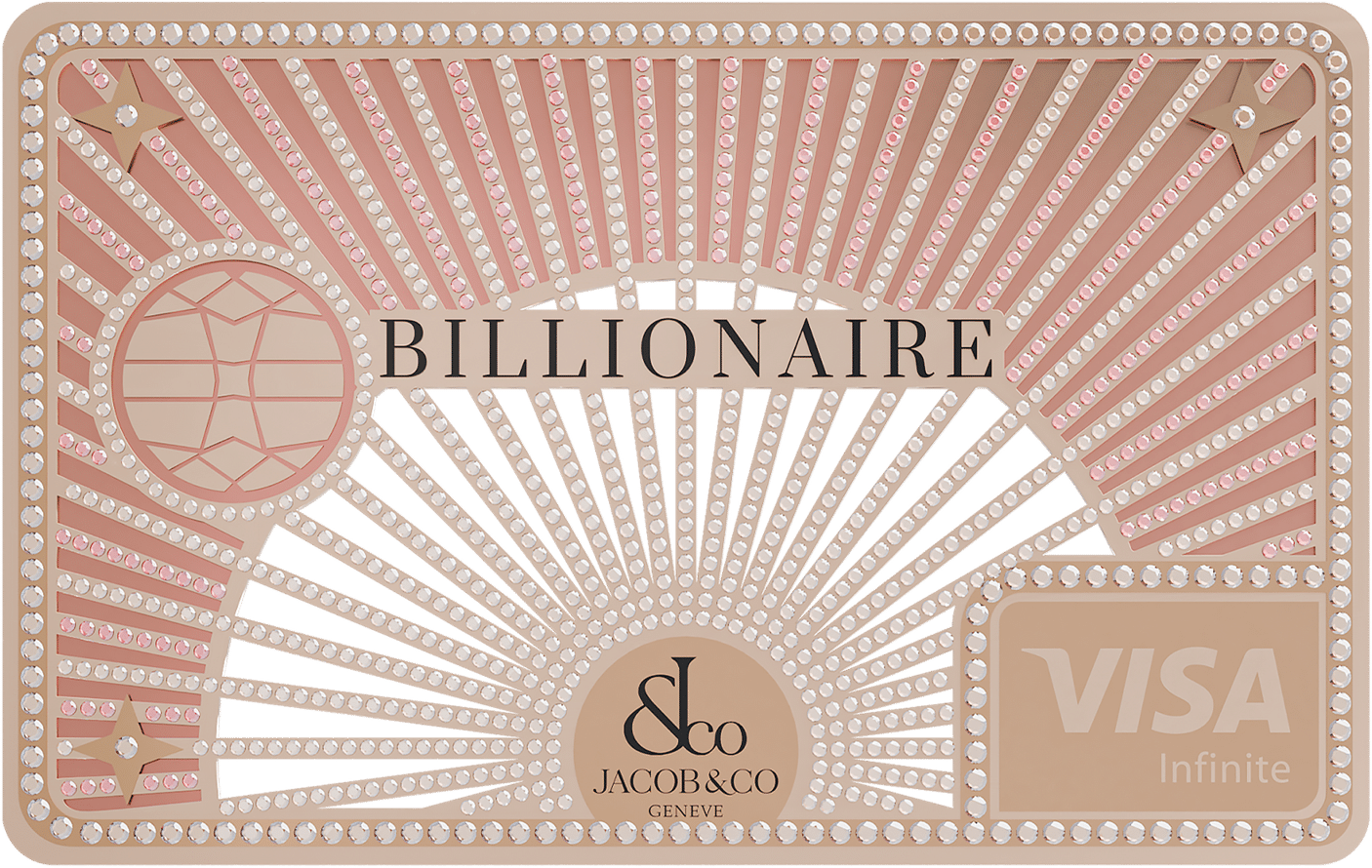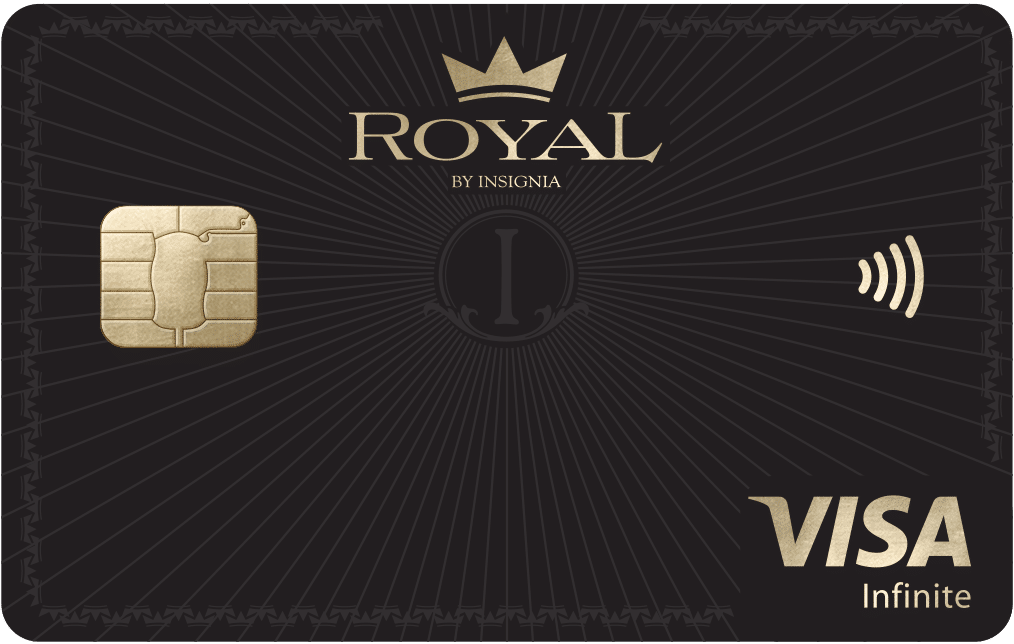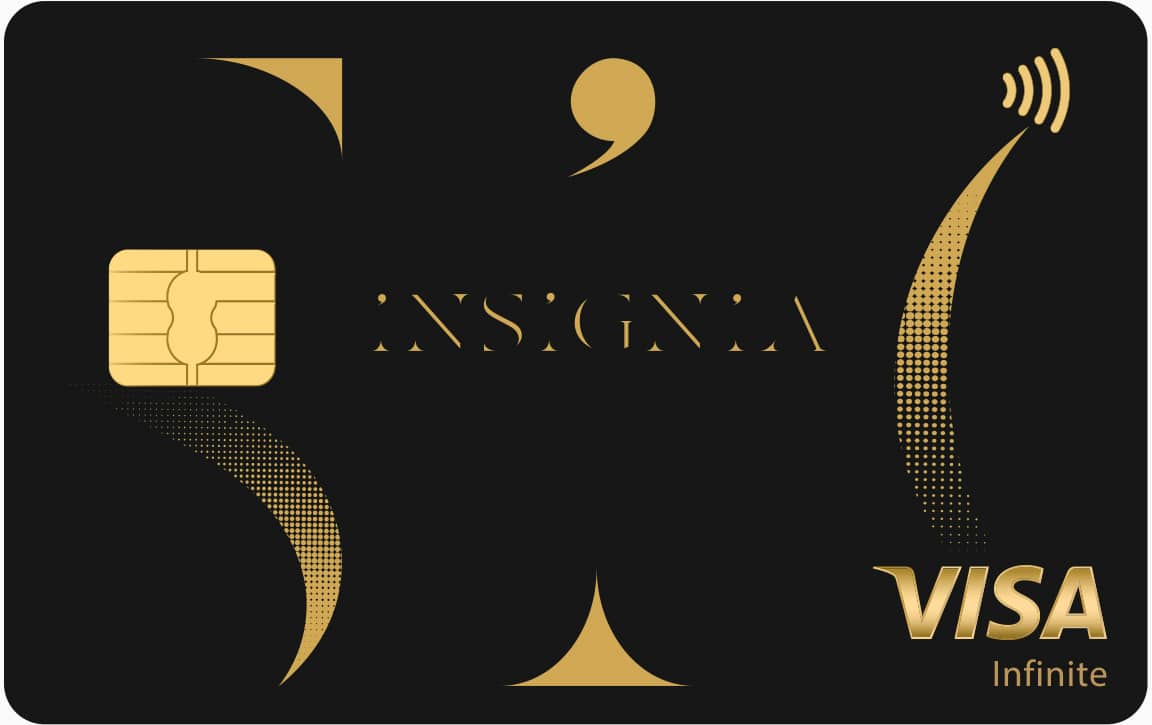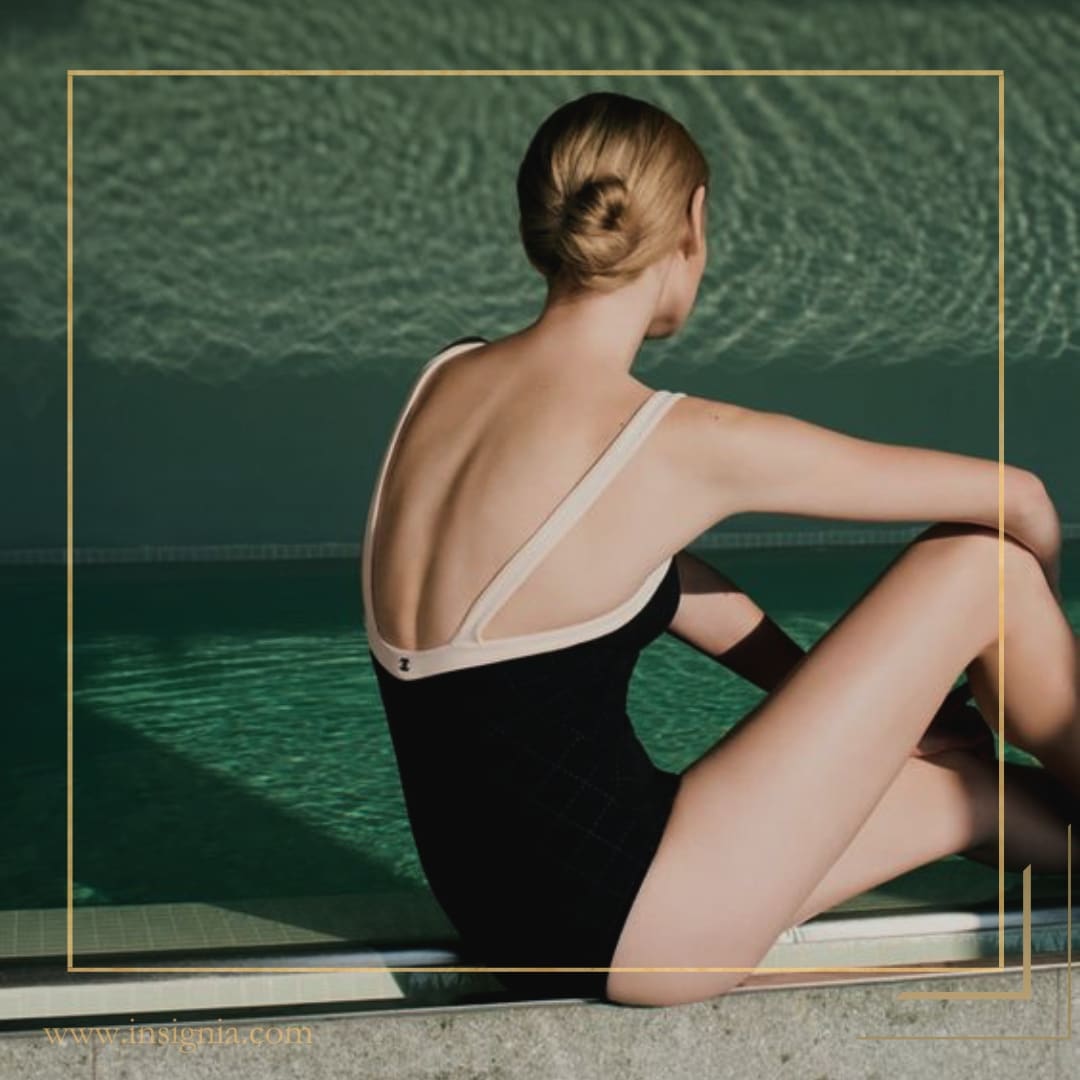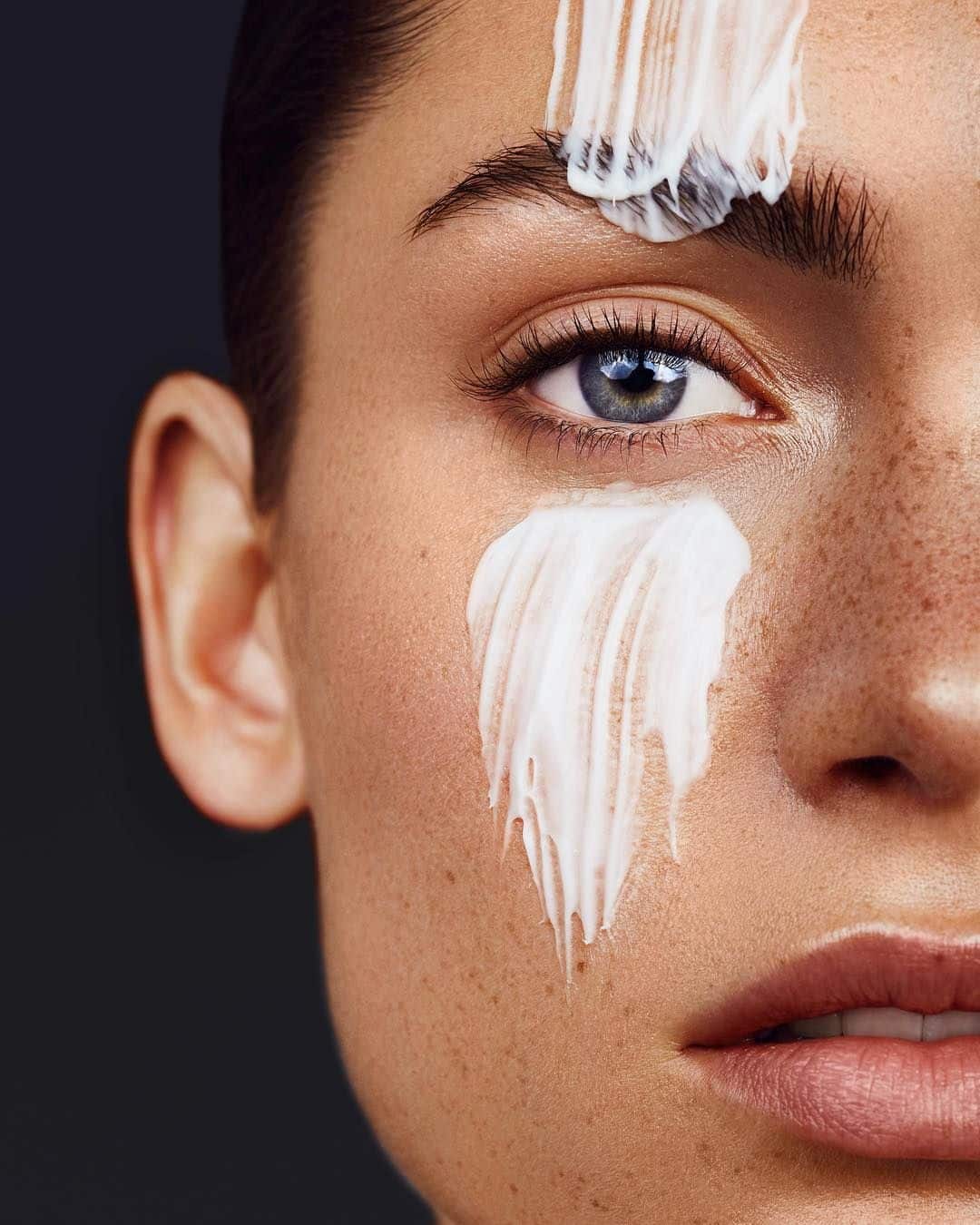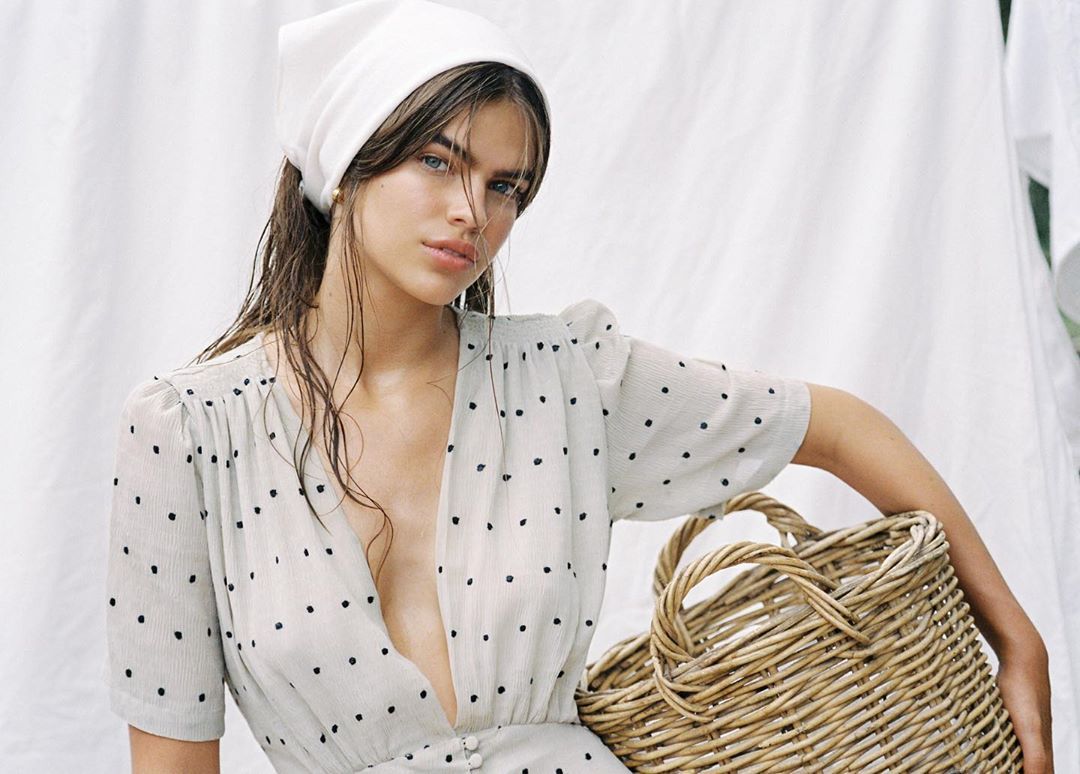As we’re still struggling with an on-going health crisis, the luxury industry looks at ways of adapting to the ‘new normal’

COVID-19 could spur the biggest economic contraction since World War II, hitting every sector from finance to hospitality. In a previous article, we spoke extensively about the luxury consumerist shift from goods to experiences. But as people adjust to life in lockdown, the market changed its focus back to products.
From art to fashion, the ultra-wealthy are now more focused on long-term investments as opposed to short term purchases. The fashion industry took one of the hardest hits. The average market capitalisation of apparel, fashion and luxury players dropped almost 40 per cent between the start of January and the 24th of March 2020 — a much steeper decline than that of the overall stock market.

Before the pandemic hit, the fashion industry boasted $2.5 trillion in global annual revenues, but dire consequences are forecast. Job losses and financial hardship for people across the value chain are expected—from those harvesting the fibres used to make textiles to shop assistants selling the finished garment. This is just one example showing that humanitarian repercussions are expected to outlast the pandemic itself.
So, what are the consumer luxury trends that we’ve seen change/emerge during the COVID-19?
Wholesale Darwinism.
Even before the pandemic struck, independent luxury-goods wholesalers in Europe (many of which are small, family-owned boutiques) and some of the large North American luxury department stores were already struggling. This struggle is partly because of luxury brands moving to vertical integration over the past 20 years and, more recently, the growth of e-commerce. This pandemic will inevitably force some of these to collapse.
From the global traveller to the local shopper.
The luxury sector appeals to a global consumer: 20 to 30 per cent of industry revenues are generated by consumers making luxury purchases outside their home countries. In 2018, Chinese consumers took more than 150 million trips abroad; we estimate that purchases outside the mainland accounted for more than half of China’s luxury spending that year. Asian shoppers buy luxury goods outside their home countries, not only to benefit from lower prices in Europe but also because shopping has become an integral part of the travel experience. Buying a brand in its country of origin comes with a sense of authenticity and excitement. This means that for the foreseeable future, people will travel less and spend more locally.
From ownership to experience, and back again.
“Experiential luxury”—think high-end hotels, resorts, cruises, and restaurants—has been one of the most dynamic and fast-growing components of the luxury sector. Millennials (those born 1980–95) opted more for experiences and “Instagrammable moments” rather than luxury items. Baby boomers (born 1946–64), too, were moving in this direction, having already accumulated luxury products over the years. While we expect the positive momentum of experiential luxury to persist, it will slow down in the short term as consumers temporarily revert to buying goods over experiences. However, the ultra-wealthy might develop a new consumer trend through social distance travelling on private jets to remote islands.

In terms of recovery, many global economies are undoubtedly about to face one of the biggest recessions since WW2. And the only way to get past it is to go through it. Purely speculative, one key way out of recession will be through cultural projects.
Consumers will be thirsty once more for live events, shopping sprees, gallery visits and immersing themselves in the arts once more.
According to The Guardian, creative industries contributed almost £13m to the UK economy every hour before the crisis struck. That sector was growing five times faster than the national economy. As a country, this is our strength, and there are jobs to be created. We should start talking about hooking up engineers with arts grads, designers with scientists, tech kids with care homes. Innovation happens in this cross-fertilisation and, post-COVID-19 world, which is where we need to be.
A thriving culture is not about the next artist to be exhibited at Frieze or the next McQueen. Nor is it about fame or glory. It’s about creating the conditions in which an ecosystem of artistic collaboration may grow. As we hit a global recession, I would argue that culture, far from being a luxury, becomes a necessity. How do we make that culture sustainable? We invest. As Eleanor Roosevelt said: “The future belongs to those who believe in the beauty of their dreams.”

